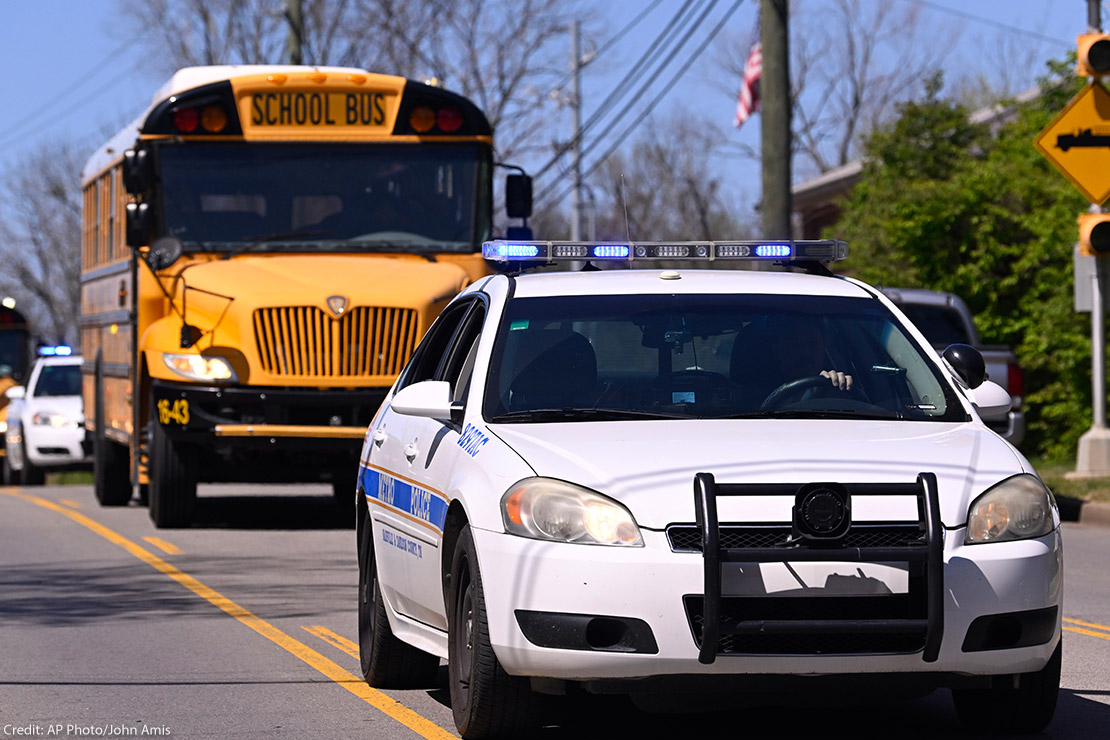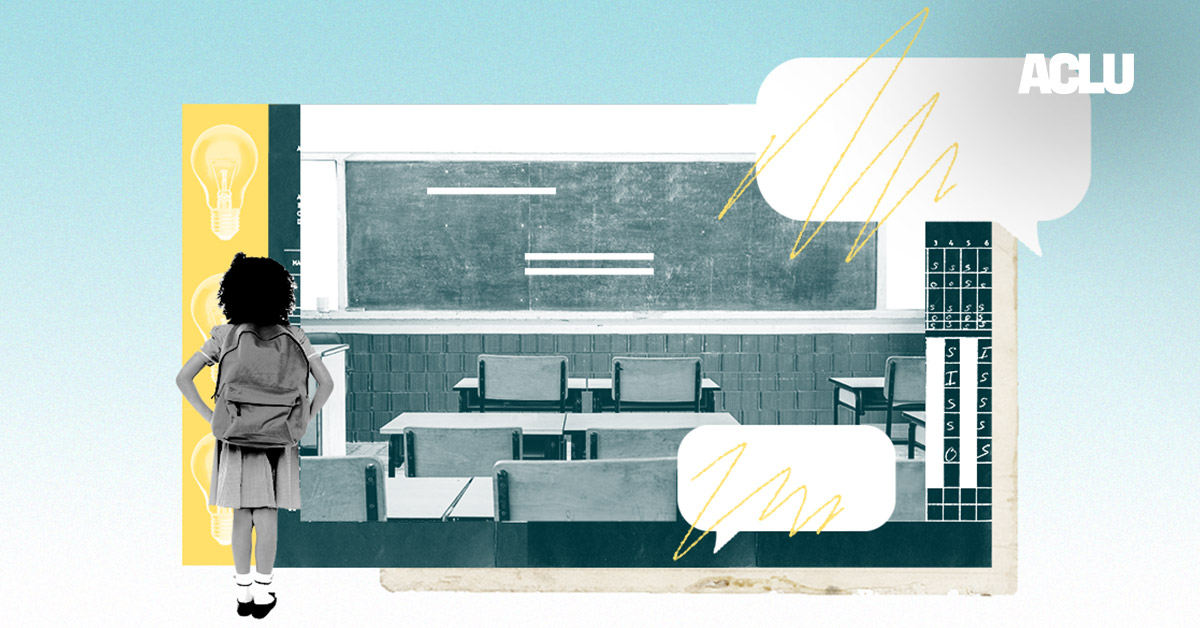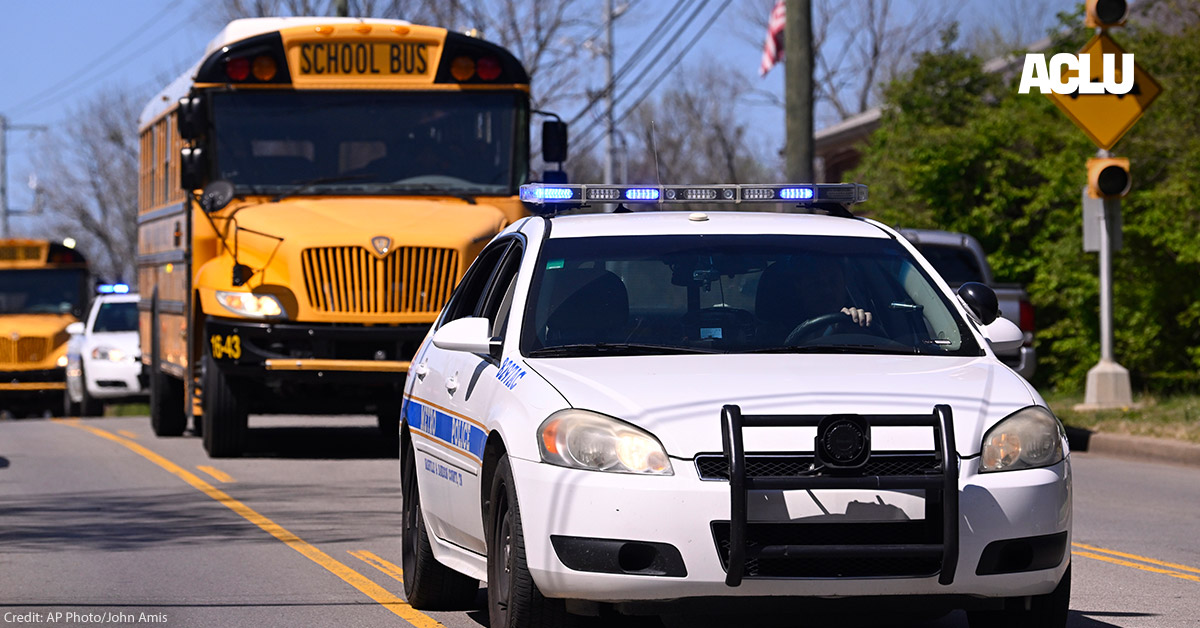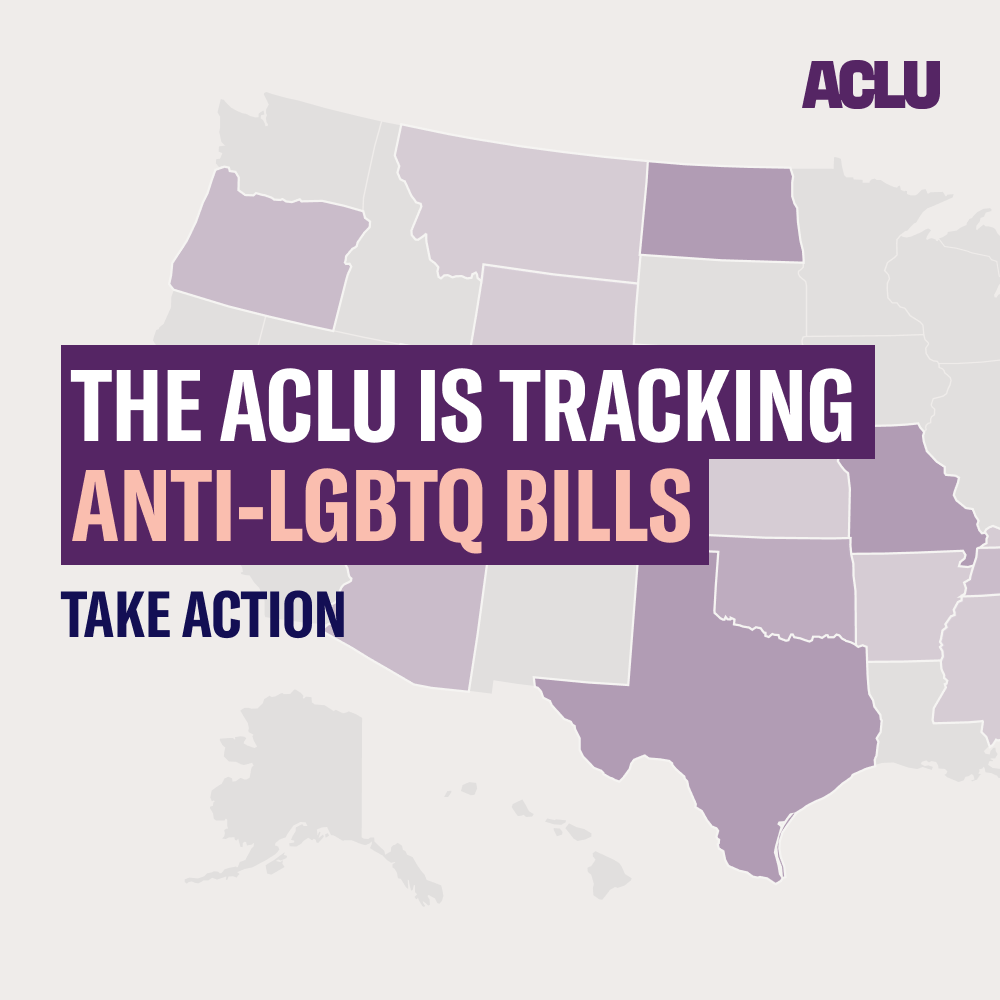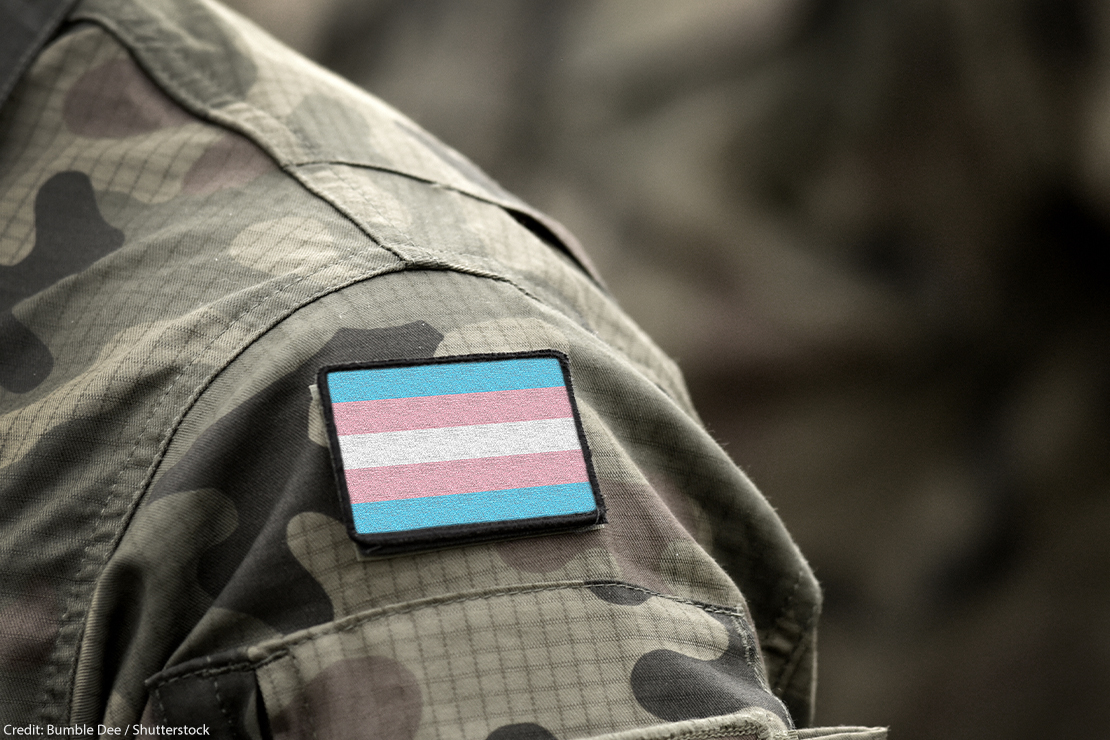From affirmative action to classroom censorship, race is a hot topic in our nation’s schools and in the politics of education. Unfortunately, much of the public chatter centers on efforts to restrict how or even if racial discrimination and its legacies can be taught (or explored) in classrooms and libraries. A fundamental fact, often ignored, is that a student’s race has a substantial impact on how the student experiences education, including the opportunities they are likely to be provided or denied.
Nowhere is this more evident than how and when Black students are formally punished. Efforts to undermine nascent school-based efforts to make classrooms more welcoming to Black students have made matters worse, ultimately creating a hostile climate. These attacks on learning about race and racism have made it even more difficult to remedy long-standing patterns of racial bias in those schools.
Today, Black students are more likely to experience all forms of discipline, from being removed from the classroom to being sent to the police. Black students with disabilities are substantially more likely than any other group to experience the most extreme forms of discipline, from losing classroom instructional time due to out-of-school suspension, to being punished through intentional physical pain in the many states where corporal punishment is still legal.
In 2023, the U.S. Education and Justice Departments took several steps to highlight unlawful discrimination they have found when investigating complaints of mistreatment over the last three presidential administrations. The departments concluded that “[D]iscrimination based on race, color, and national origin in student discipline was, and continues to be, a significant concern.” While racial disparities in school discipline do not automatically violate federal laws that ensure fairness, there are many instances in which discrimination underlies these disparities.
Careful inquiry by these federal agencies — by examining student records or other information in school files, interviewing members of school communities, and more — identified six patterns that significantly and negatively impact Black students:
- More frequent punishment for infractions that are subjectively measured — such as disorderly behavior — and for low level infractions, compared to white students.
- Harsher punishment for the same infraction. Consistently, race has been found a factor when Black students are compared to other students who have the same disciplinary records or who committed the same infraction.
- Using exclusionary interventions, such as removal from class or school, on Black students compared to white students who are found to have committed the same infractions.
- A tendency to call the police when Black students are involved, compared to white students.
- Failure by school officials to offer legitimate non-discriminatory reasons for disciplinary actions taken against Black students.
- Poor administration of discipline systems, including providing incorrect data (which often understates the impact on Black students), as well as a tendency to violate proscribed discipline procedures.
It is well established that Black students are not generally more likely to misbehave than other students, even after accounting for different socioeconomic backgrounds. Yet, adults are far more likely to punish Black students, and to punish them severely, when comparing similar conduct of their white peers.
A recent report by the ACLU of North Carolina found that between 2017 and 2023, statewide law enforcement and school staff filed school-based complaints of disorderly conduct against Black students at nearly four times the rate of their white counterparts. The disparity in the rate of referrals for disorderly conduct in schools is even worse for many state counties, where adults refer Black students at a rate of 23 to 42 times more than their white classmates.
What are the responsibilities of school officials in ensuring that students are treated fairly?
Federal officials have highlighted three key guidelines to ensure the nondiscriminatory administration of student discipline.
First, schools must enforce their standards in an evenhanded way. Standards must be legitimate, and not serve as a pretext for engaging in discrimination. Disturbingly, the departments have found instances in which the stated reasons for disciplinary policies or actions were an excuse to treat certain students unfairly, rather than legitimate reasons.
Second, the “duty not to discriminate extends to those who carry out some or all of the schools’ function, including security staff, private security companies, or other contractors, as well as school district police officers or school resource officers.” This requirement is especially significant given the expansion in the number and roles of law enforcement in schools, as well as the increase in student arrests and referrals to law enforcement in the years before the pandemic. Nationwide, student arrests increased 5 percent and referrals to police increased 12 percent in just two years, according to the Department of Education.
Third, schools are generally permitted by federal law — indeed encouraged — to host programming, clubs, and other educational forums that allow children to learn about the history of race in America, the history of their own cultural groups, establish mentoring programs to support students from non-privileged backgrounds, and to organize listening sessions to hear about students’ views on what may contribute to or limit inclusive environments and positive racial climates.
These programs must remain open to all students and not promote hateful or demeaning stereotypes or violence against specific groups of people.
This year’s guidance follows prior federal resources on avoiding discrimination in school discipline and a 2015 White House summit tackling this very issue, underscoring the persistence of this problem.
Alarmingly, some of these earlier federal efforts were scuttled by the Trump/DeVos administration using the false and unsupported claim that discipline reforms aimed at reducing racial discrimination contributed to school shootings. That assertion has been debunked. Moreover, the largest discipline research study ever conducted, which examined the records of about 1 million Texas students, found that while Black students were more likely than other students to be disciplined during middle and high school years, they were less likely to commit offenses where school removal is required by law due to the seriousness of the infractions.
Discriminating against students on the basis of their race does not make schools safer — it makes them more dangerous for Black students, who are more likely to be denied equal educational opportunity because they are pushed out through harsh and inappropriate punishments. These federal resources remind us that our common goal should be to ensure that “all students attend schools where they are supported, safe, and able to access an excellent education. A school environment that is free from discrimination is essential to meeting that goal.”
Date
Thursday, October 19, 2023 - 12:45pmFeatured image
